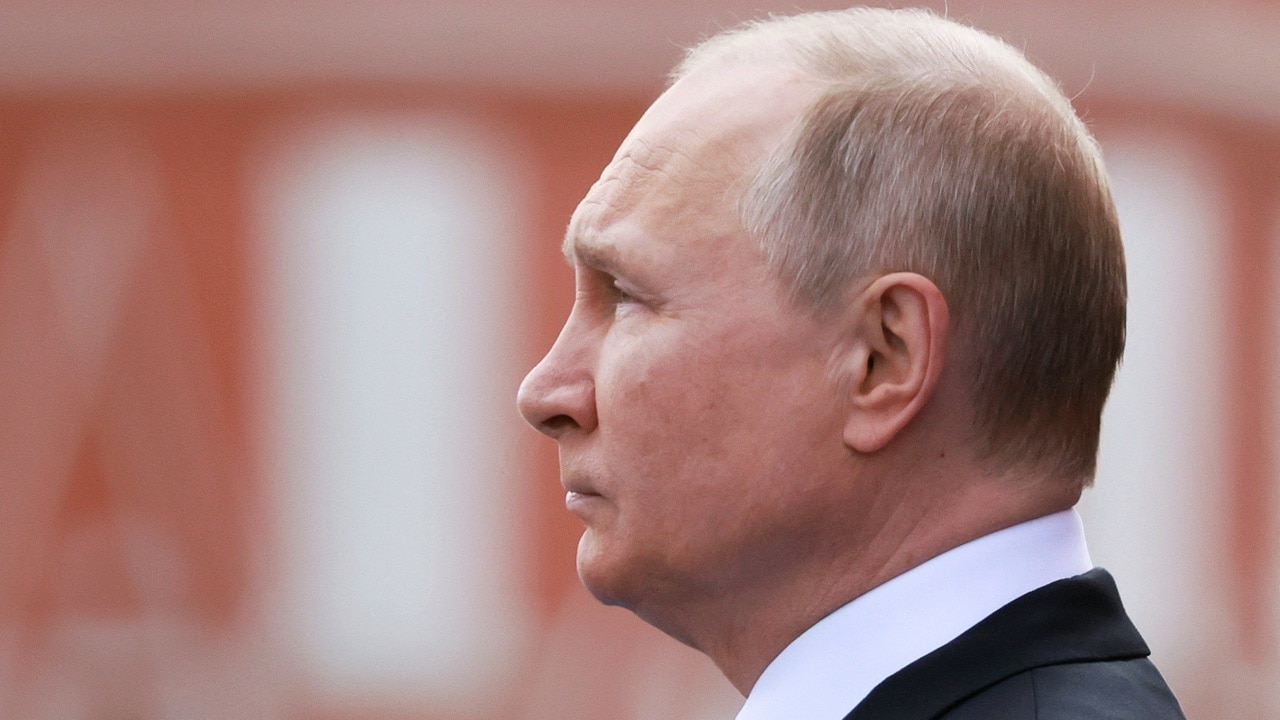Like Israel, Armenia’s neighbors include countries that seek its destruction. Unlike Israel, Armenia is landlocked and depends on the mercy of others to allow trade and transit. Nor did Armenia win the resource lottery. While three of its neighbors — Russia, Iran, and Azerbaijan — can pump oil and gas to fuel their economies, and Turkey charges pipeline fees into the billions of dollars, Armenia must rely on agriculture, manufacturing, and the ingenuity of Armenians themselves.
Armenia is also surrounded by far more populous countries. With fewer than 3 million people, Armenia numbers one-thirtieth the population of Iran or Turkey, while Russia has 50 times more. Azerbaijan has more than three times Armenia’s population. Even Georgia boasts 1 million more people.
Turkey and Azerbaijan’s hostility marks a history of atrocities. In the early 20th century, Ottoman Turks slaughtered Armenians, expelling them from towns and cities in which they had lived for centuries, if not millennia. This was genocide, masterminded by Enver Pasha, the Ottoman minister of war. Cities like Adana, Bitlis, Erzerum, Van, and Rize lost their Armenian populations almost overnight. Yet not only does Turkey deny the Armenian genocide, but Turkish officials also continue to vilify Armenians or others who seek to address past injustices. This is a major reason why philanthropist Osman Kavala remains in prison and was the basis for the persecution of Nobel literature laureate Orhan Pamuk.
Azerbaijan has furthered the genocidal legacy. It timed its 2020 surprise attack on the Armenian enclave in Nagorno-Karabakh to coincide with the centenary of the Ottoman Turkish invasion of independent Armenia. Azerbaijani dictator Ilham Aliyev’s repeated demonization of Armenians led Genocide Watch to issue a warning. After forcing Nagorno-Karabakh’s indigenous Armenian population to flee last month, Aliyev even renamed a street after Enver Pasha.
Neither Russia nor Iran has waged genocide against Armenians. Russia today hosts the largest Armenian diaspora community, and Iran’s Armenian community is probably the fifth- or sixth-largest in the world, numbering well over 100,000. Yet while Armenians traditionally considered Russia to be their protector against renewed Turkish or Azerbaijani aggression, Russia stood down when it mattered. Its peacekeepers refused to enforce the ceasefire Russian President Vladimir Putin enacted in November 2020. They stood aside as Azerbaijani forces completed their ethnic cleansing of Nagorno-Karabakh. As far as Armenians were concerned, Iran was little better. The two countries were long partners of convenience rather than ideological sympathizers. In Armenia’s hour of need, however, Iran shut the border to prevent emergency supplies from reaching Nagorno-Karabakh.
While none of these countries coordinated their anti-Armenian policies, the results were the same as if they had. What led Ankara, Baku, Moscow, and Tehran all to take an anti-Armenian line?
Certainly, there is an economic component. Russia and Iran have grown their economic ties to Turkey and Azerbaijan in recent years as both Moscow and Tehran seek to evade sanctions.
The deeper answer, however, is historical. Where Armenians go, democracy follows. Iran controlled the Caucasus until the early 19th century, and Armenians became the intellectual elite in Qajar Iran. Mirza Malkum Khan, Iran’s ambassador to Austria, the United Kingdom, Germany, and later Italy, became one of Iran’s top reformers and an intellectual godfather of Iran’s constitutional revolution. Armenians played a disproportionate role in that successful movement to constrain the shah’s autocratic power, be it as political functionaries, newspaper publishers, or by bridging Western Europe to Iran’s intelligentsia.
While Russia’s alliances with former Soviet Republics have changed in the decades since the Soviet Union’s downfall, the unifying factor is hostility toward democracy. Whenever Azerbaijan, Georgia, Armenia, or Ukraine has flirted with democracy, Russia has intervened to punish the country. Putin knows that Armenia’s 2018 democratic revolution could be contagious.
Turkey and Azerbaijan also view democracy as anathema. Erdogan likened democracy to a streetcar. “When you come to your stop, you get off,” he once quipped. Aliyev understands any claim to legitimacy he enjoys evaporates in a free and fair vote. Beyond racism, this is one reason he wished to crush Nagorno-Karabakh’s autonomy. Azerbaijanis would be right to ask why Armenians in their country might elect leaders, while Azerbaijanis cannot.
Armenia is the oldest Christian nation on earth. It is a deeply religious society, and socially conservative. At the same time, traditional liberalism runs deep. There is no sense that democracy is an alien concept; quite the contrary, Armenians internalize it. Even as current Prime Minister Nikol Pashinyan remains unpopular due to the loss of Nagorno-Karabakh, Armenians reject a return to the more Russophile old guard that preceded him.
The White House and various think tanks may propose peace talks or various schemes to bring peace to the South Caucasus, but none of these will succeed so long as the tension between Armenia’s democracy and its neighbors’ autocracies continues. Rather than seeking concessions from a democracy, then, perhaps a smarter strategy would be to encourage the spread of freedom to Armenia’s neighbors. Only then can there be a true, natural, and sustainable peace between Armenia and its neighbors.
Now a 19FortyFive Contributing Editor, Dr. Michael Rubin is a Senior Fellow at the American Enterprise Institute (AEI). Dr. Rubin is the author, coauthor, and coeditor of several books exploring diplomacy, Iranian history, Arab culture, Kurdish studies, and Shi’ite politics, including “Seven Pillars: What Really Causes Instability in the Middle East?” (AEI Press, 2019); “Kurdistan Rising” (AEI Press, 2016); “Dancing with the Devil: The Perils of Engaging Rogue Regimes” (Encounter Books, 2014); and “Eternal Iran: Continuity and Chaos” (Palgrave, 2005).

